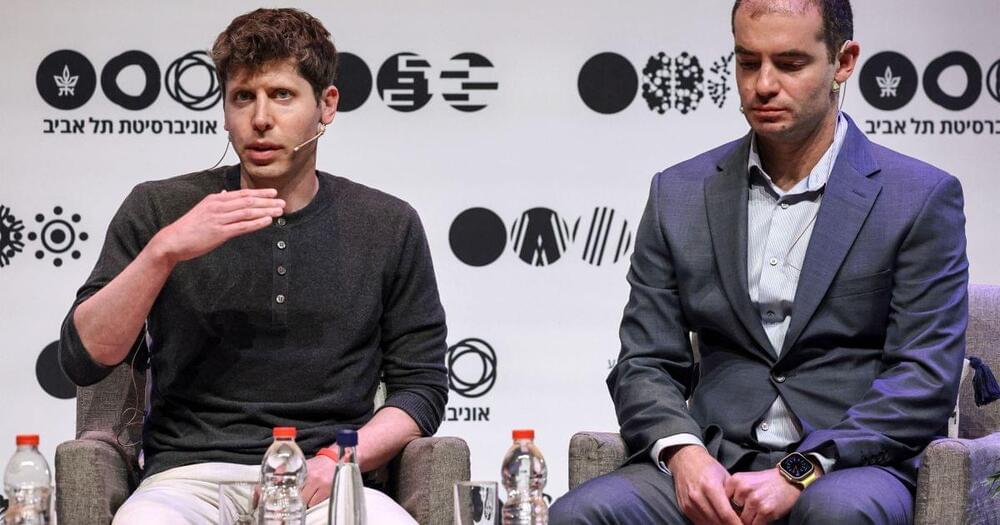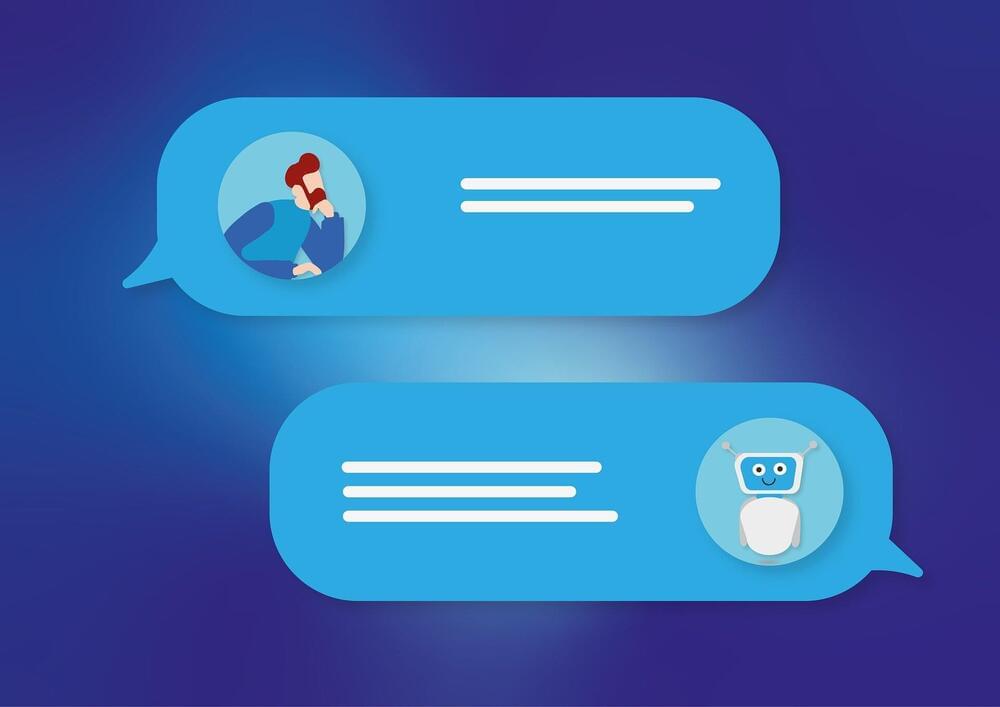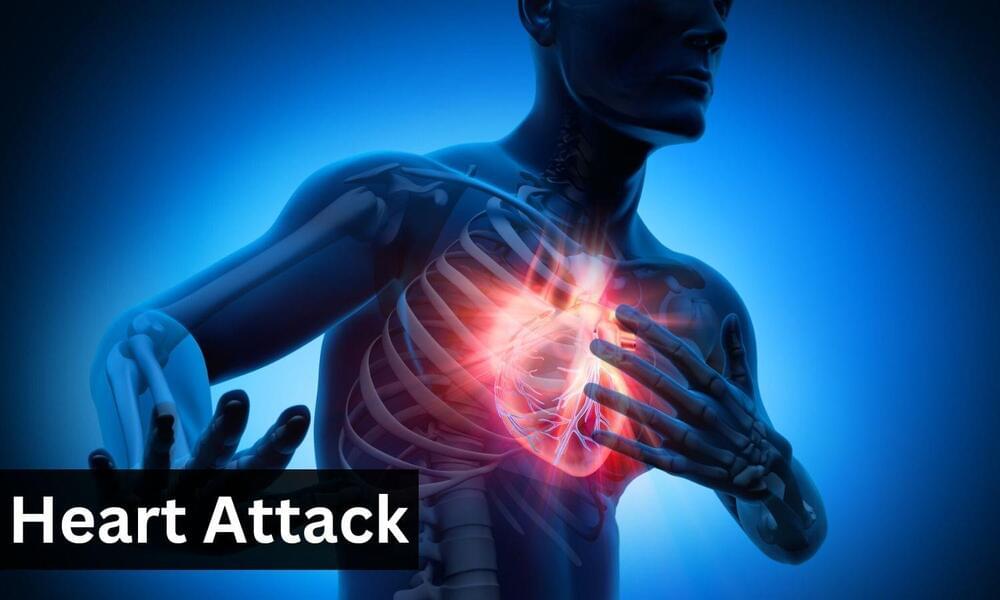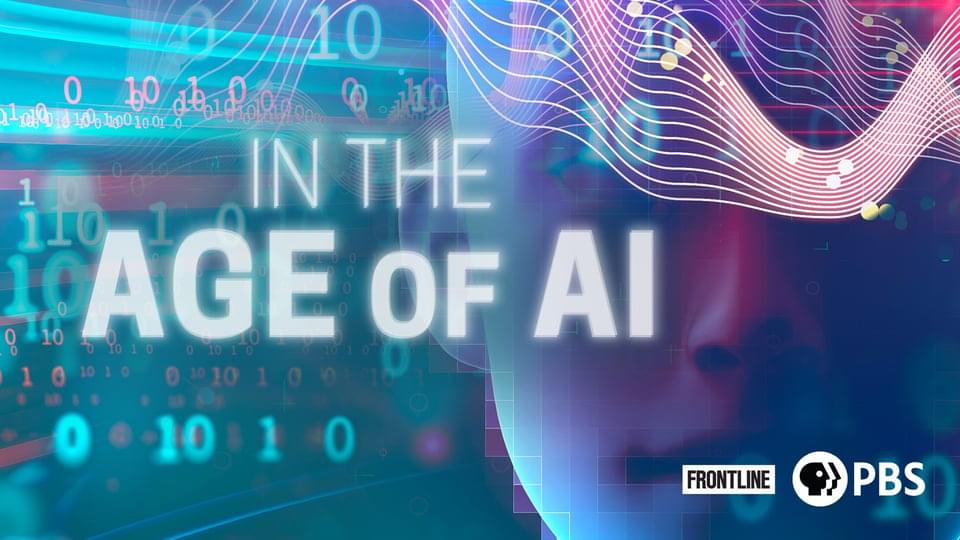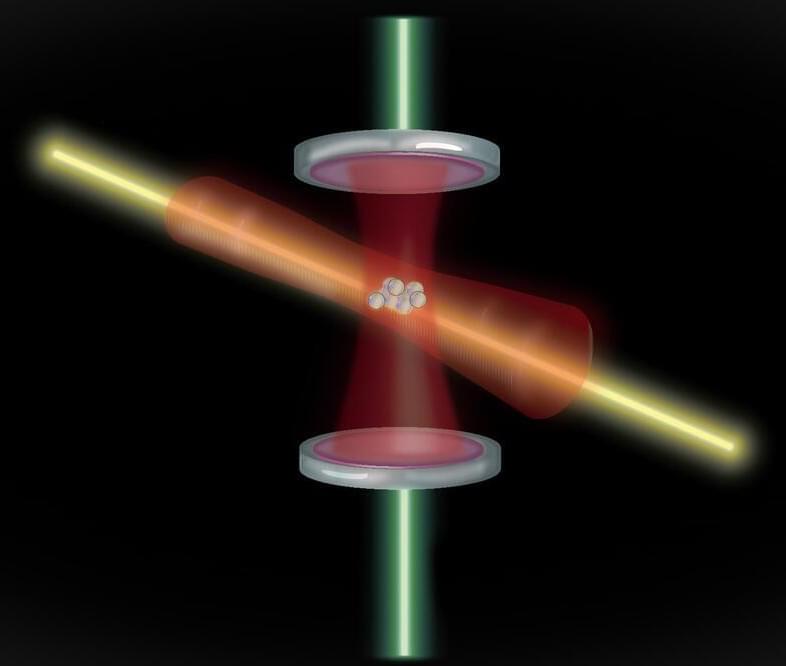Neuroscientists discover the tricks and shortcuts the brain takes to help us survive.
Official Website: https://to.pbs.org/3Ic9dRS | #novapbs.
Is what you see real? Join neuroscientist Heather Berlin on a quest to understand how your brain shapes your reality, and why you can’t always trust what you perceive. In the first hour of this two-part series, learn what the latest research shows about how your brain processes and shapes the world around you, and discover the surprising tricks and shortcuts your brain takes to help you survive.
Chapters:
00:00 Introduction.
03:59 The Science of Optical Illusions and Blind Spots.
13:48 Is the Dress Blue and Black or White and Gold?
21:06 Yanny or Laurel? Auditory Illusions.
24:46 Is Pain an Illusion?
30:28 What is Consciousness? Blind Spots and Babies.
41:35 How is Consciousness Measured?
45:32 How the Brain Affects Memories.
50:14 Conclusion.
© 2023 WGBH Educational Foundation.
All rights reserved.
This program was produced by GBH, which is solely responsible for its content.
This program is made possible by viewers like you. Support your local PBS station here: https://pbs.org/donate/

